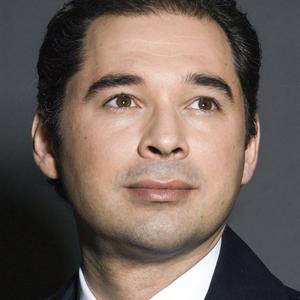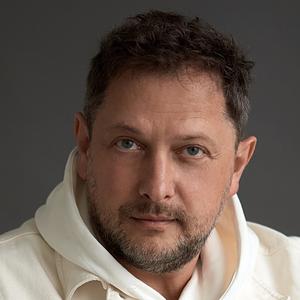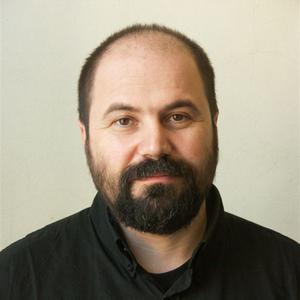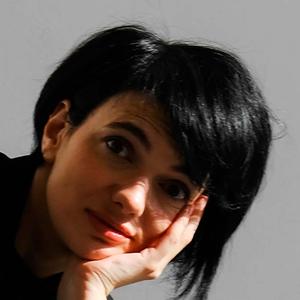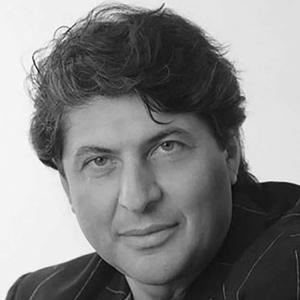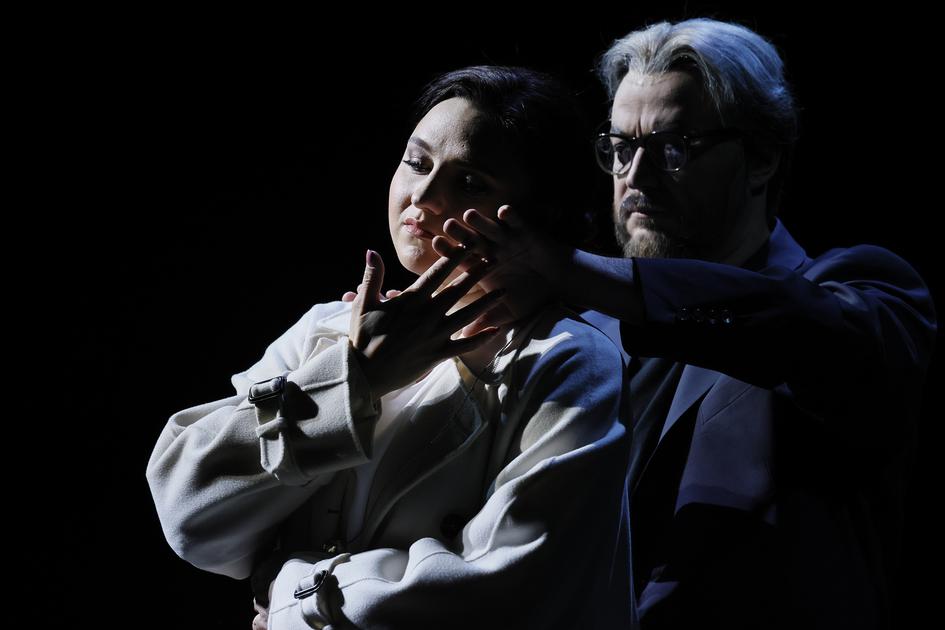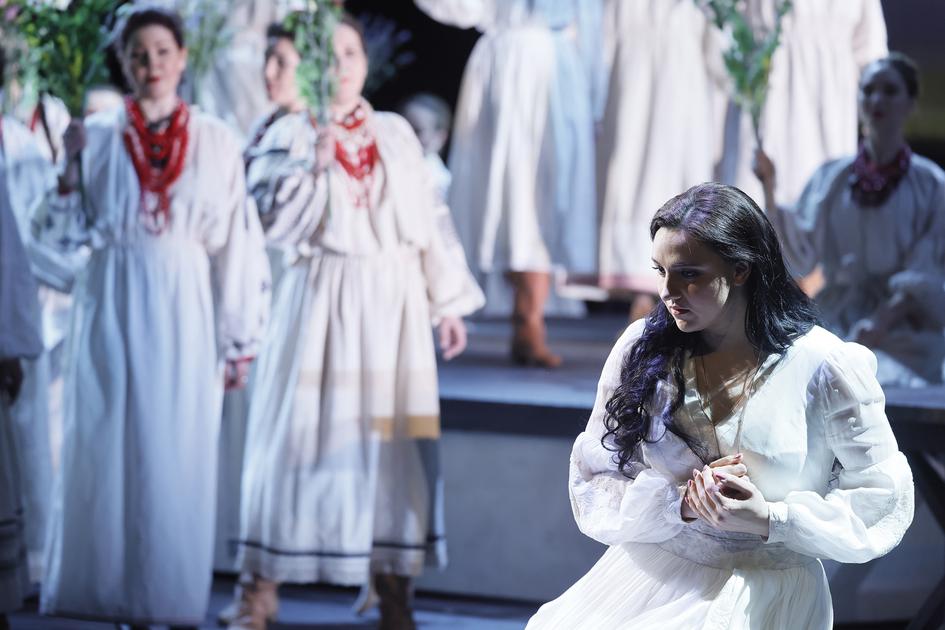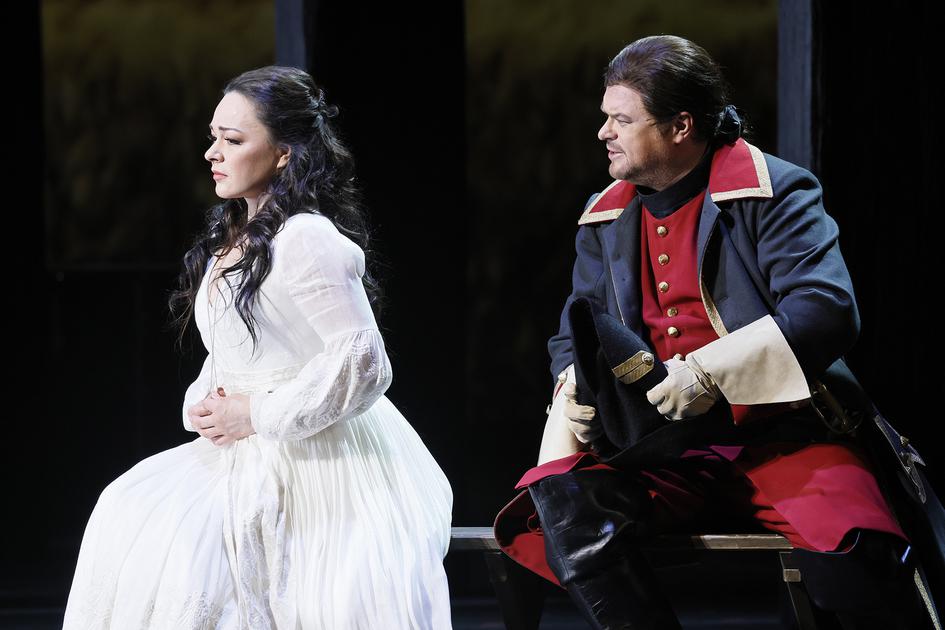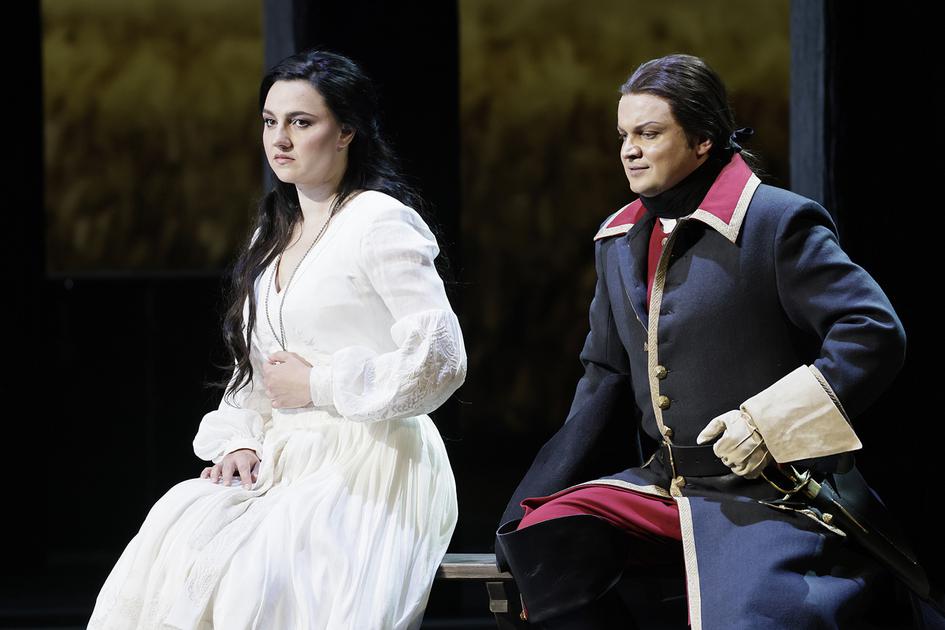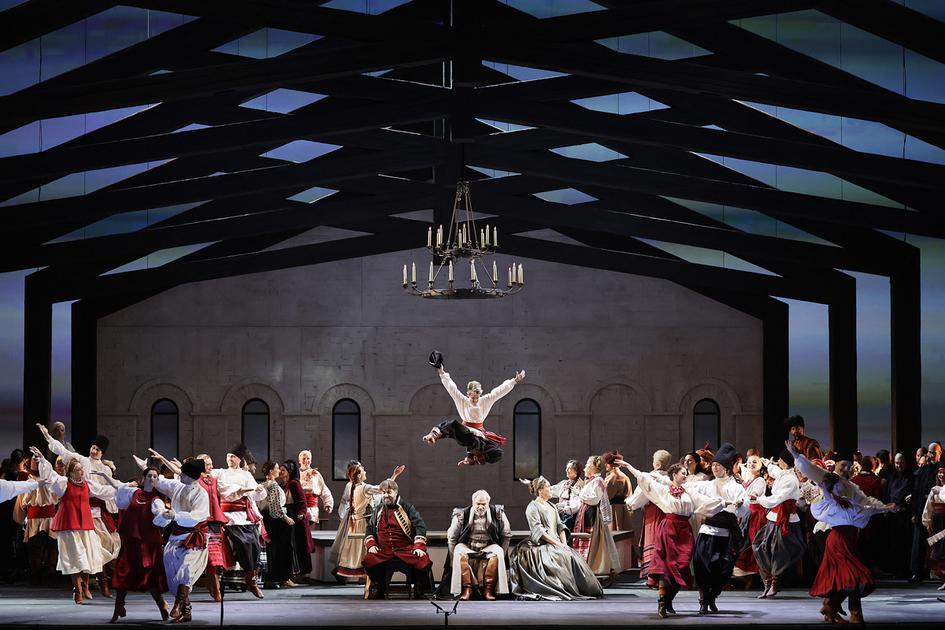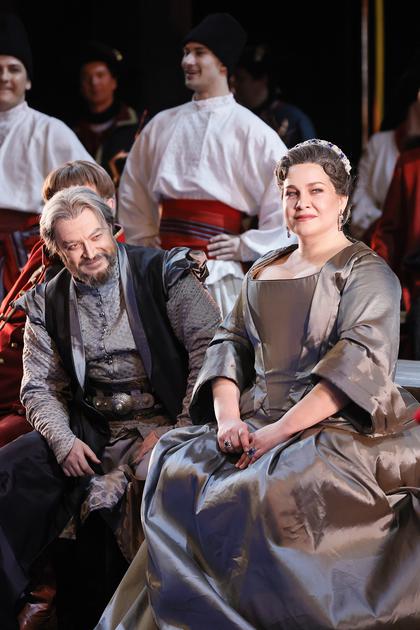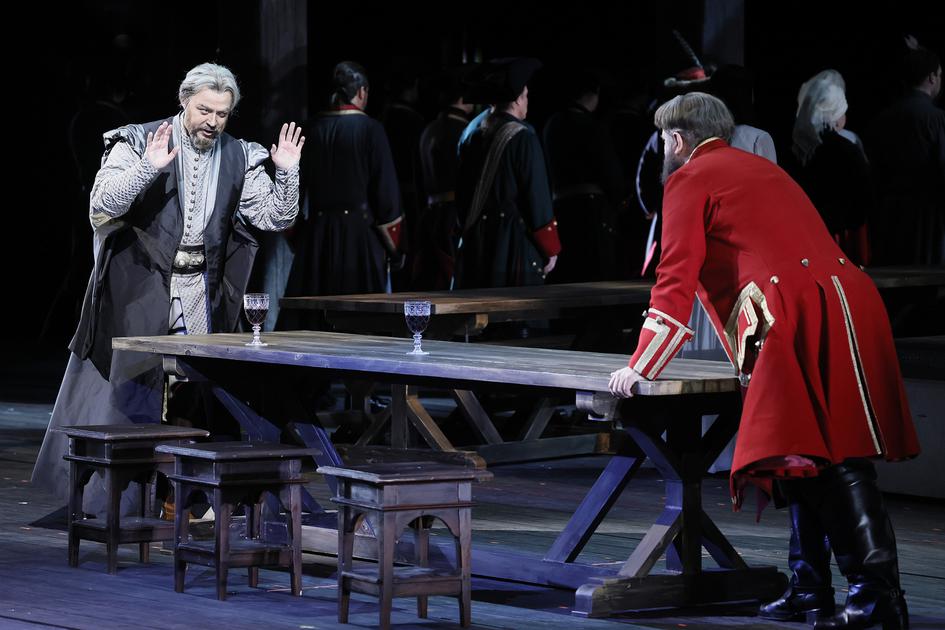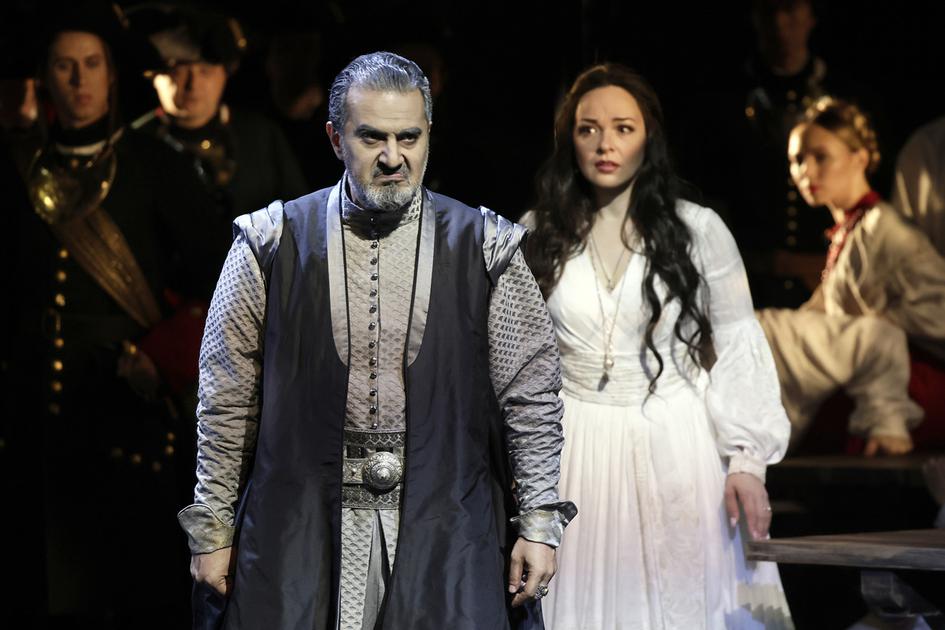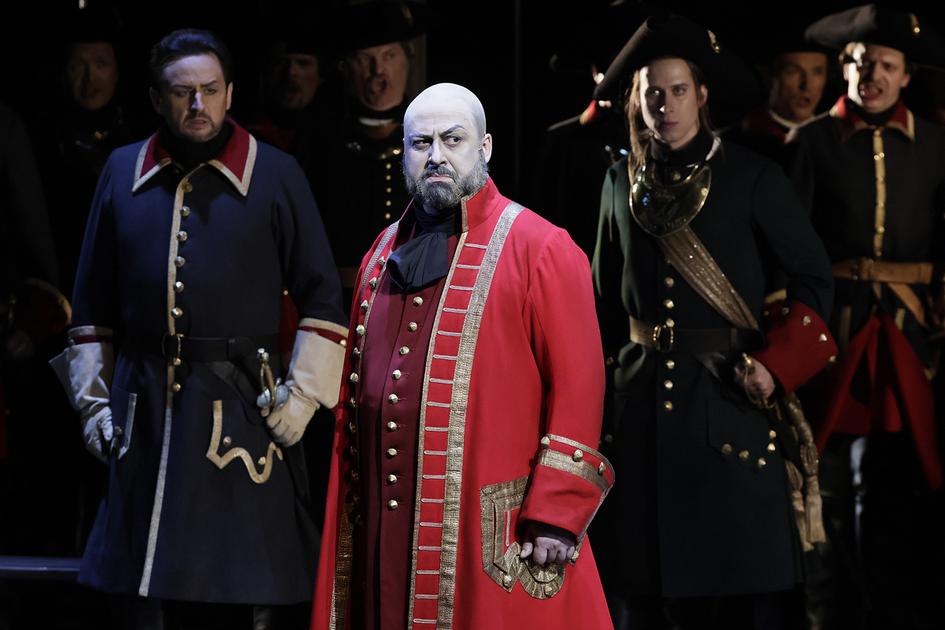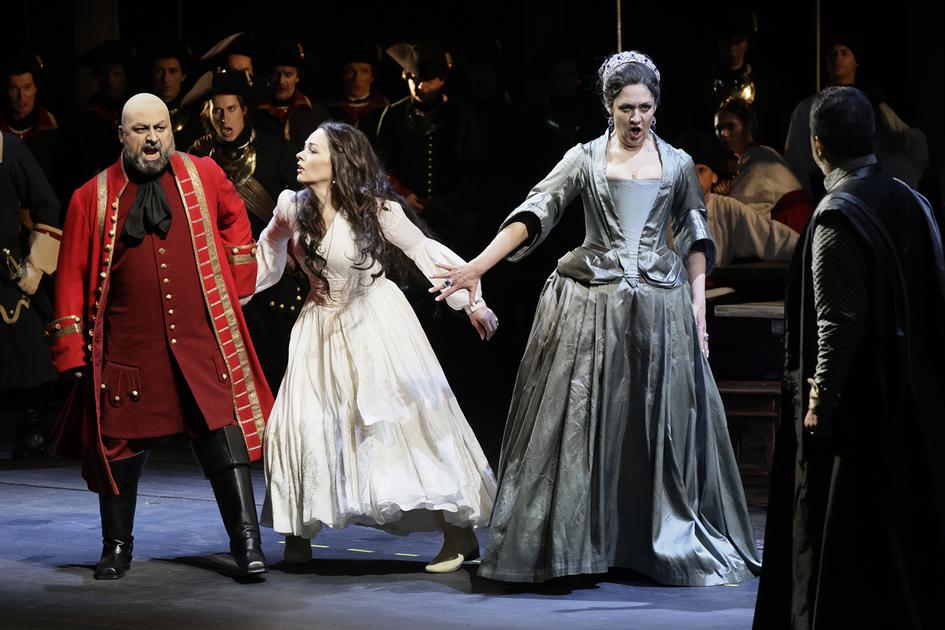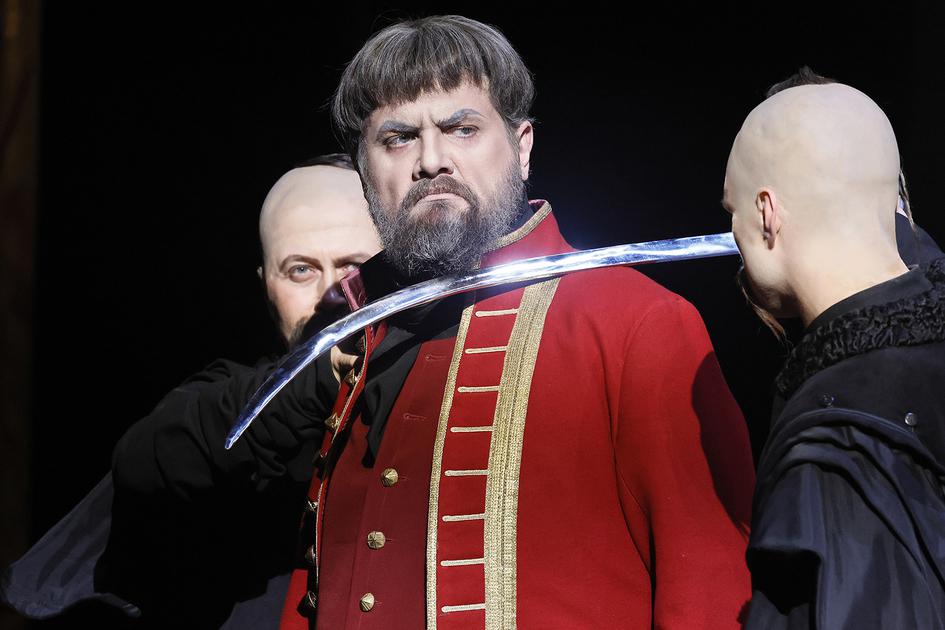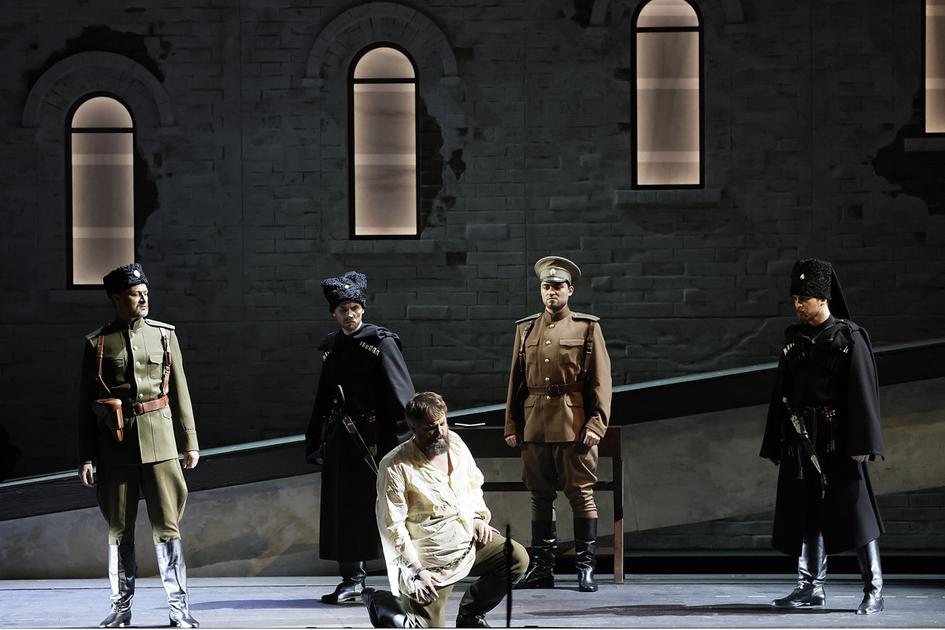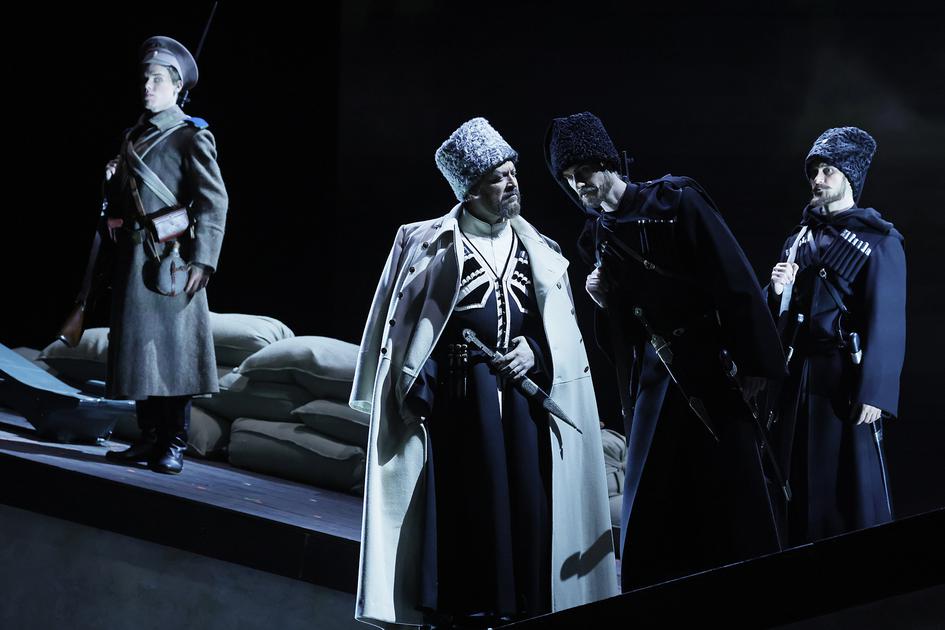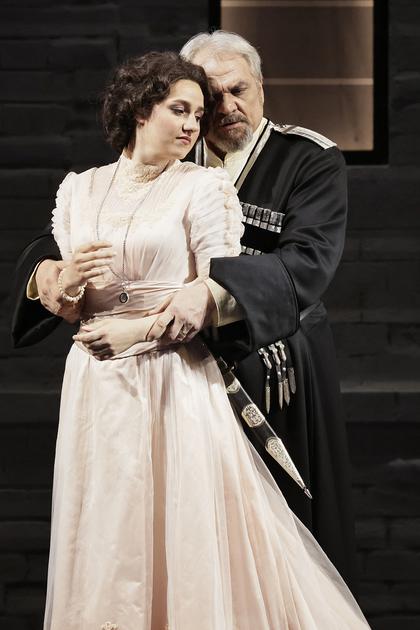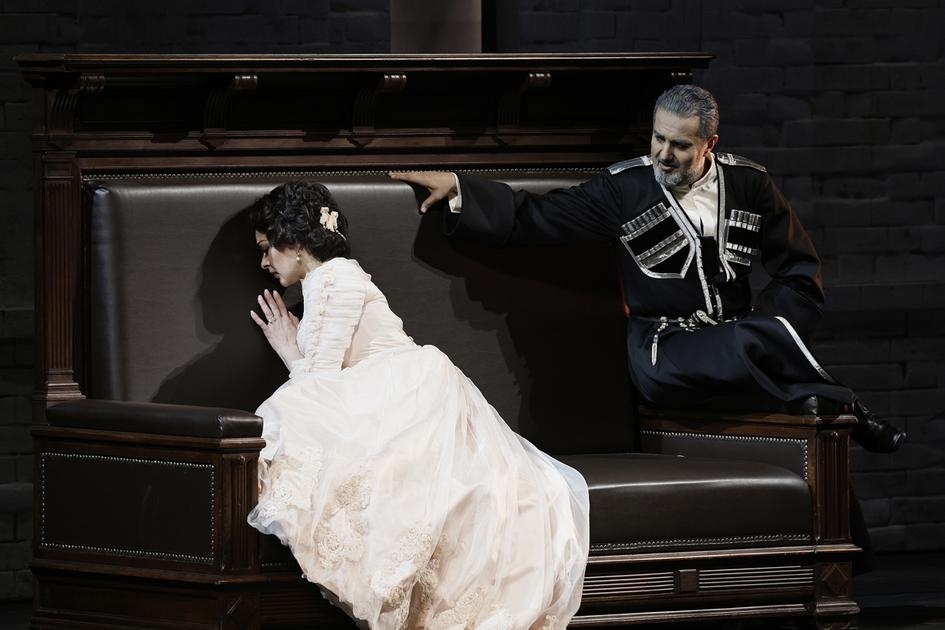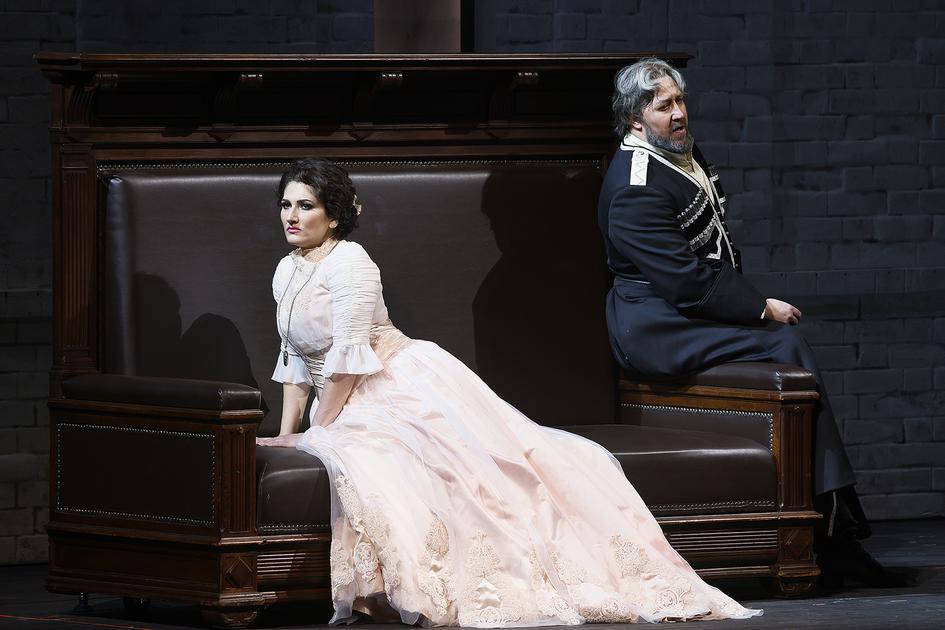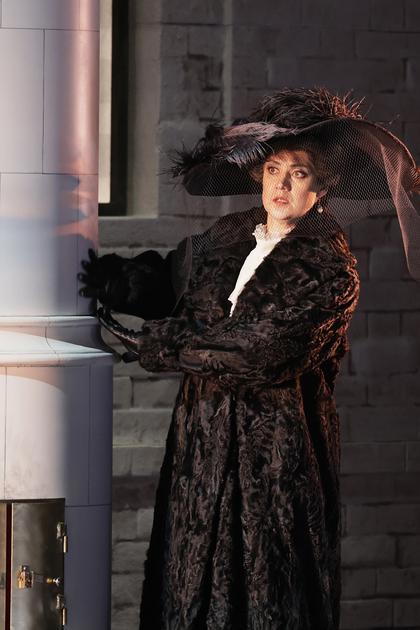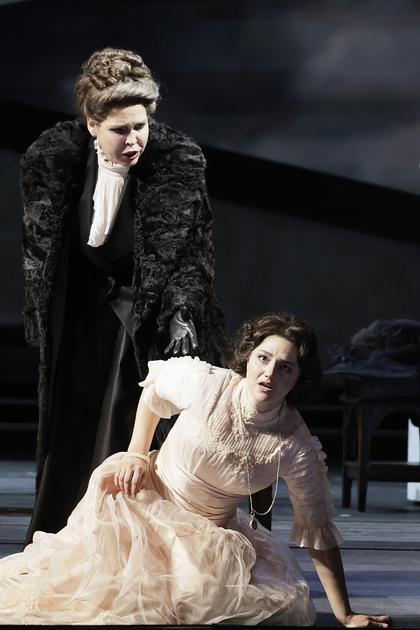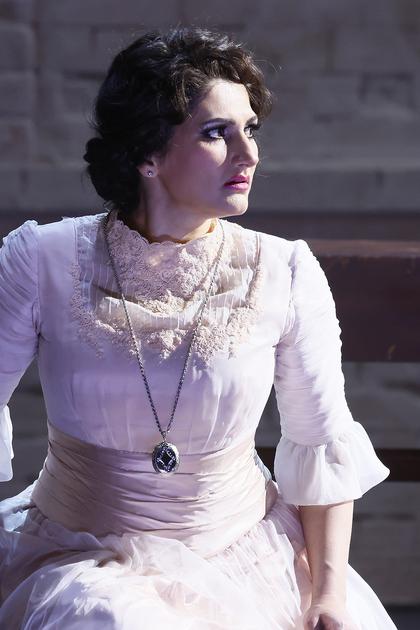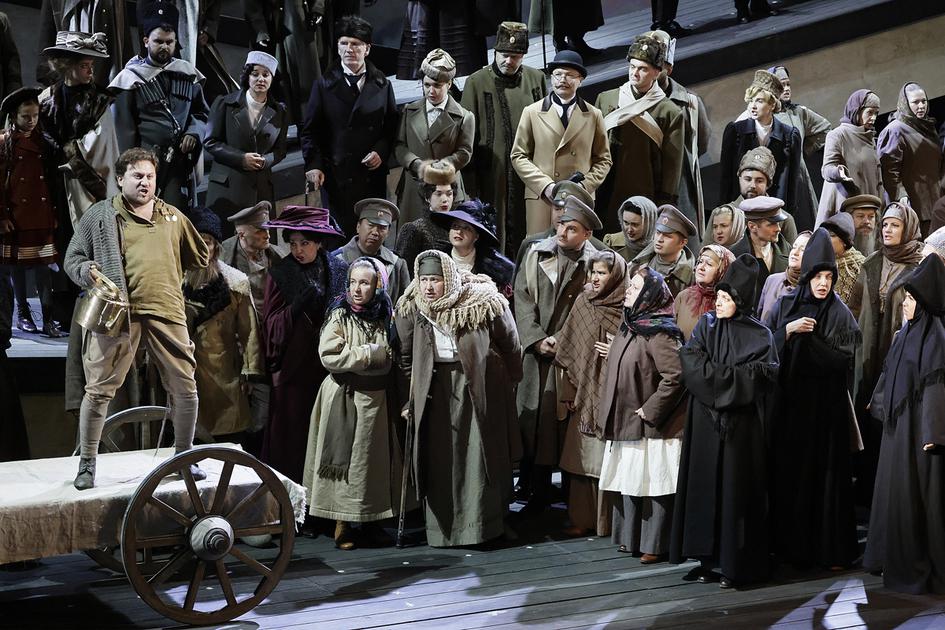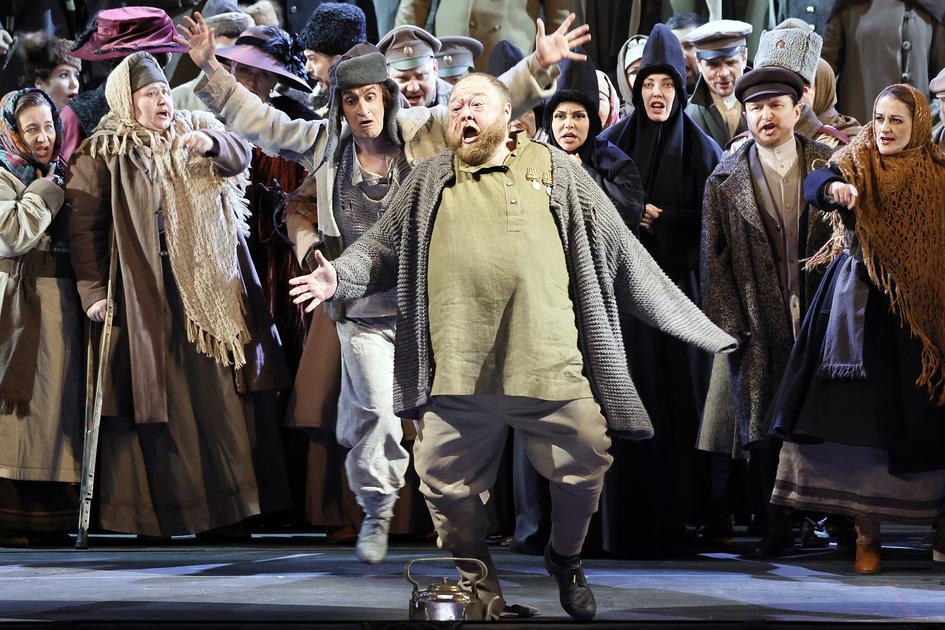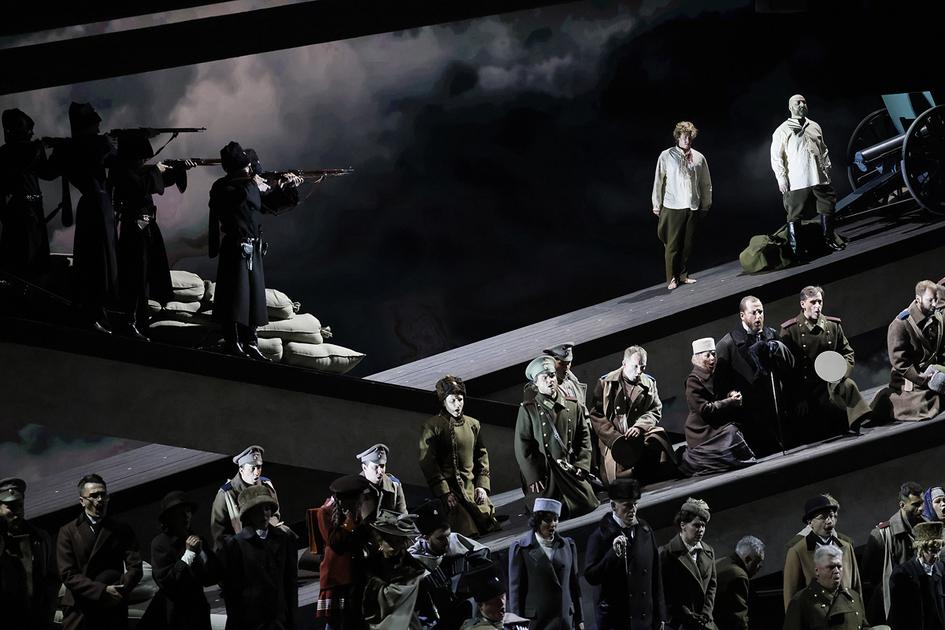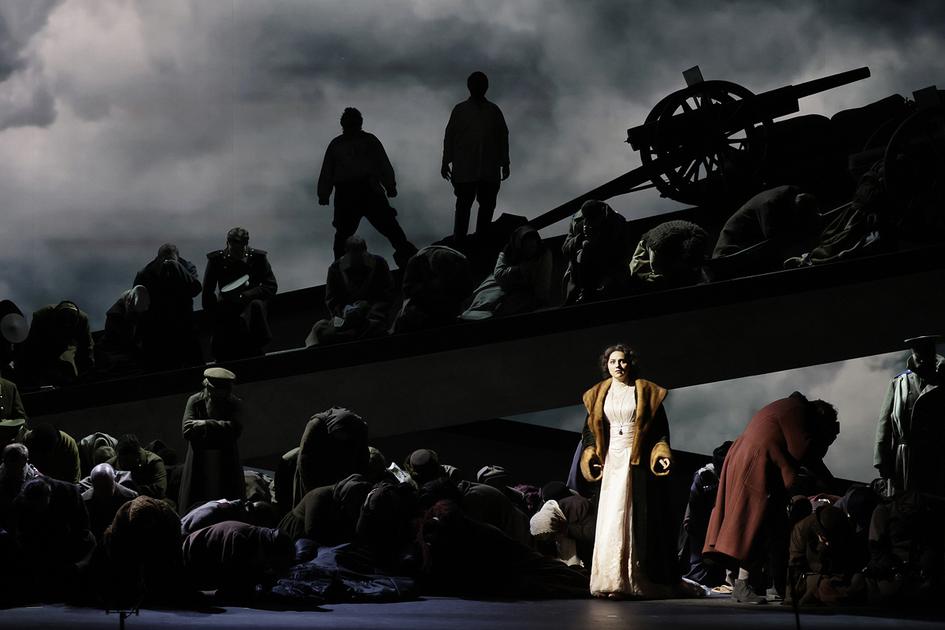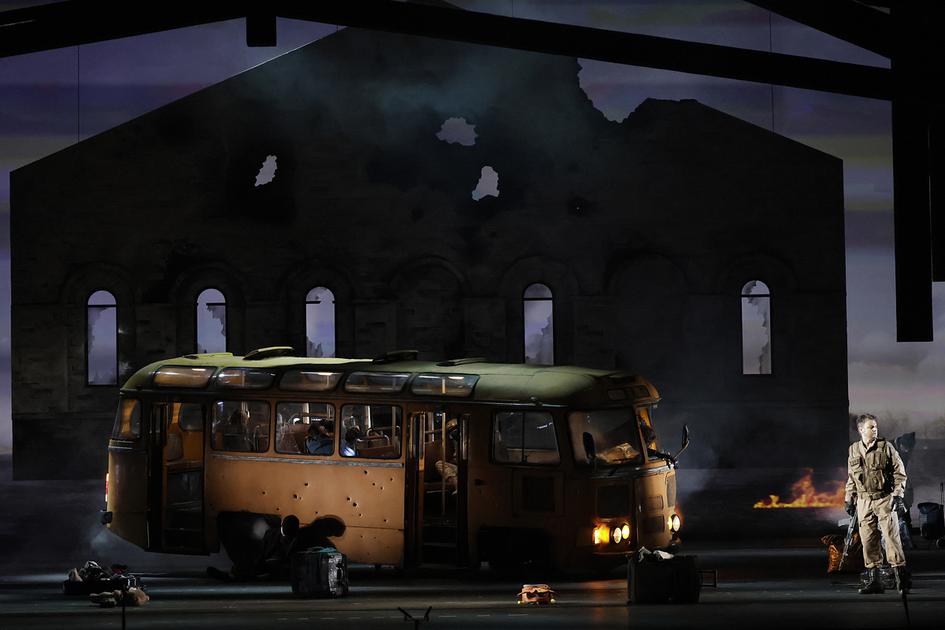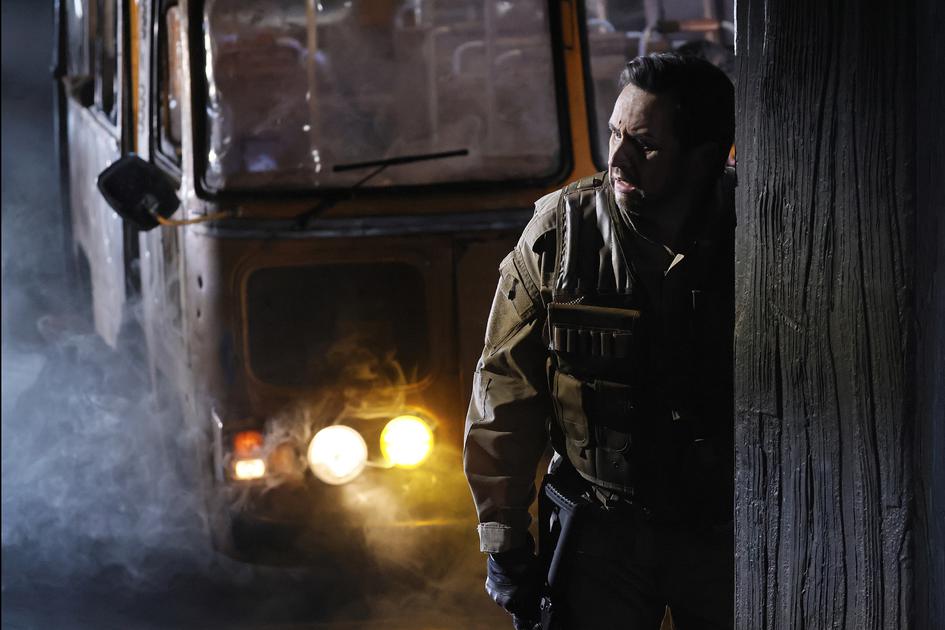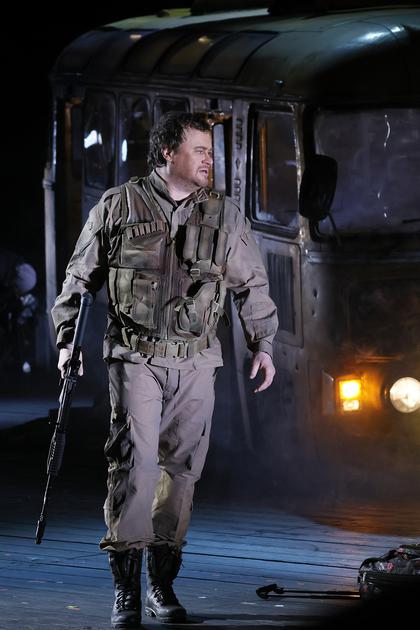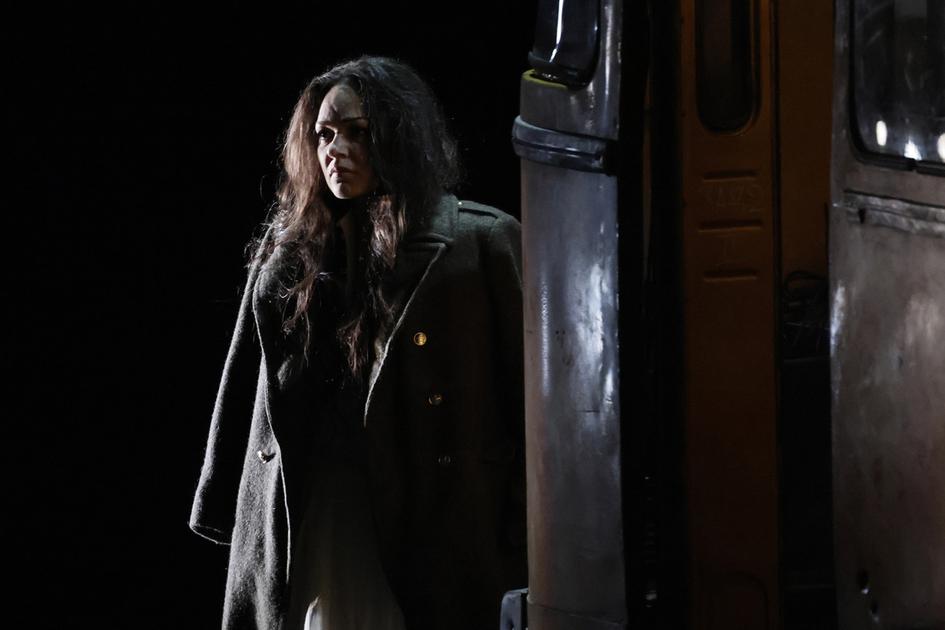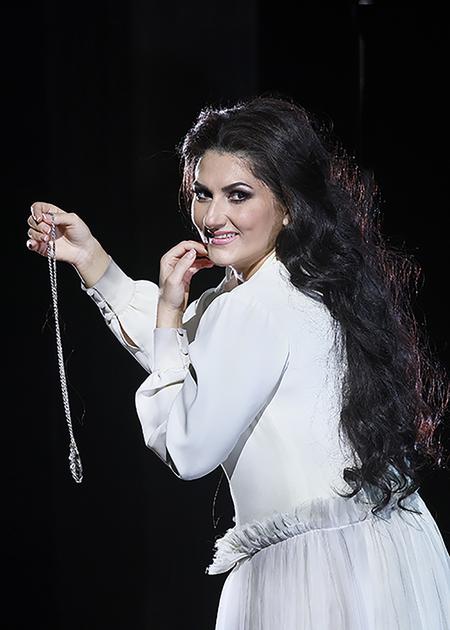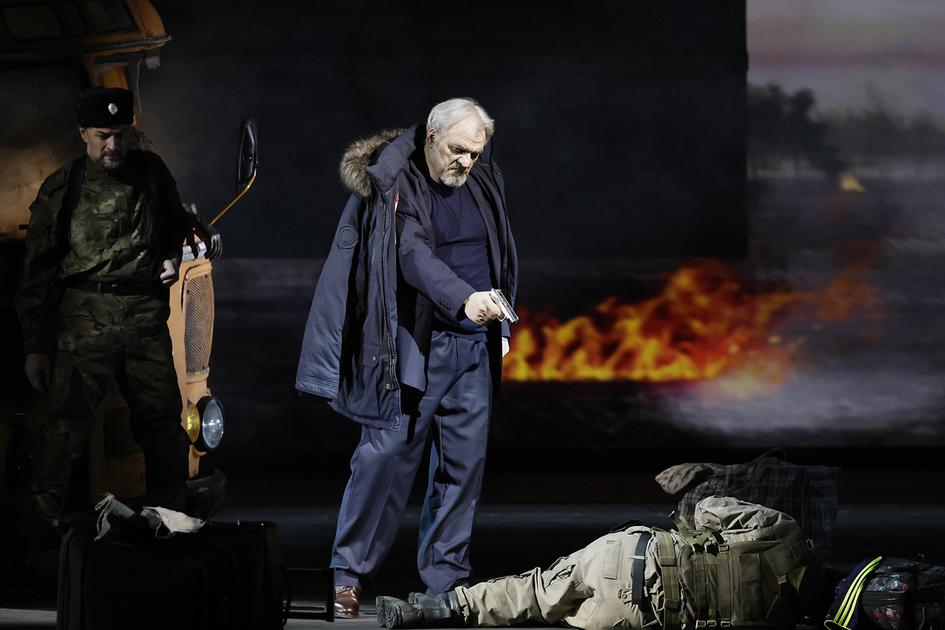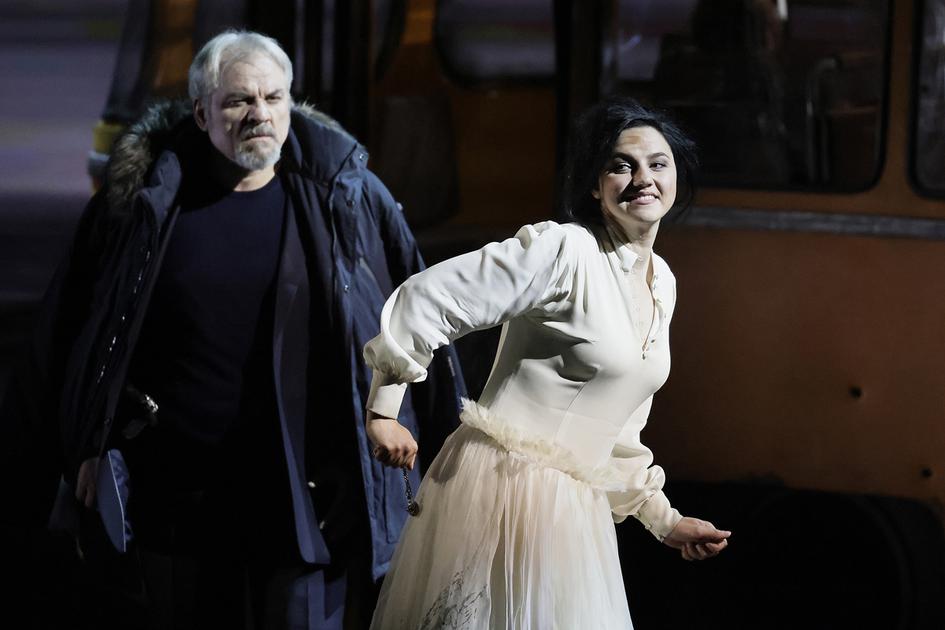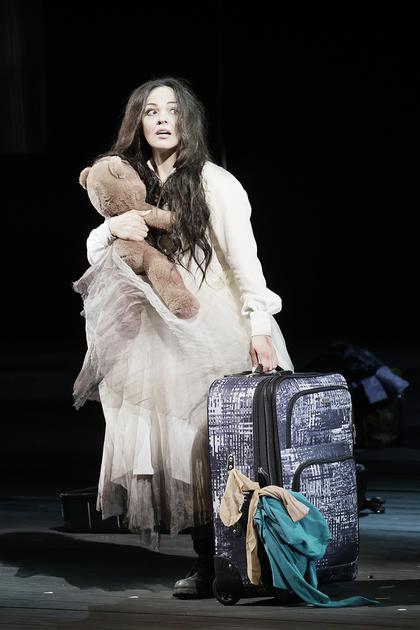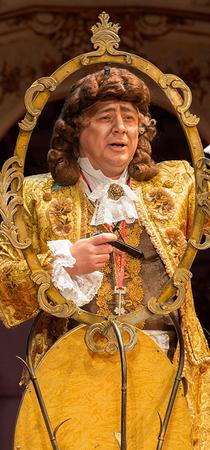
Georg Philipp Telemann
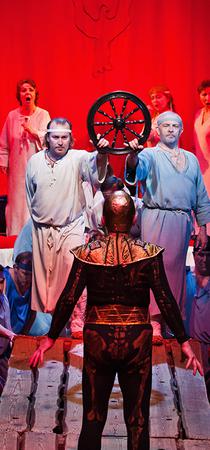
Dimitry Rostovsky
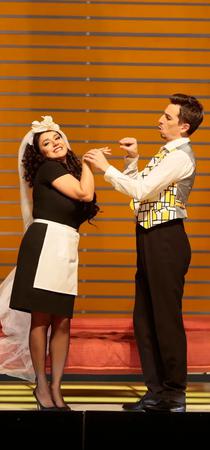
Wolfgang Amadeus Mozart
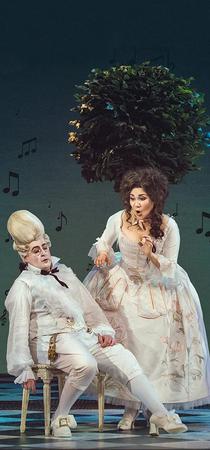
Gioachino Rossini
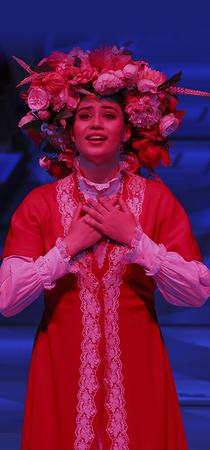
Alexander Ostrovsky, music by Pyotr Tchaikovsky
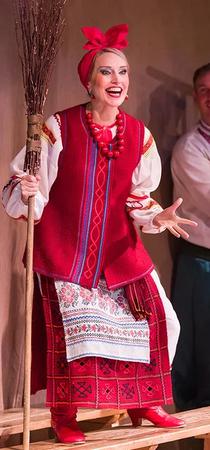
Modest Mussorgsky
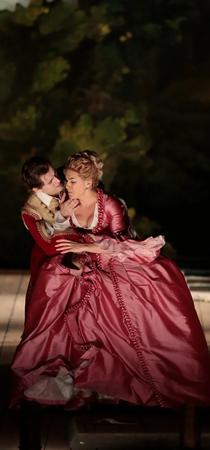
Wolfgang Amadeus Mozart
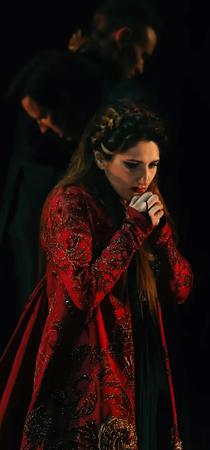
Giacomo Puccini
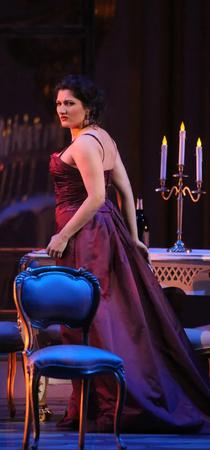
Giuseppe Verdi
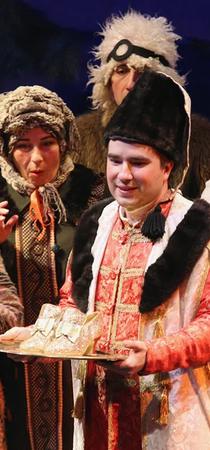
Pyotr Tchaikovsky
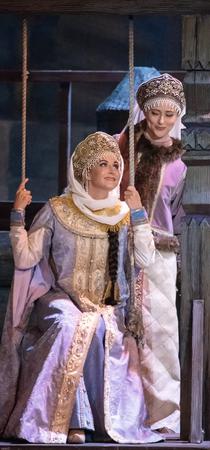
Nikolai Rimsky-Korsakov
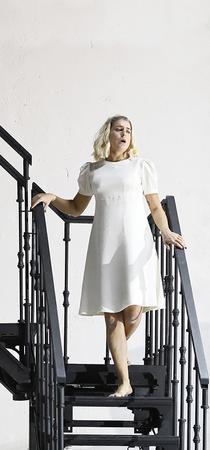
Richard Strauss
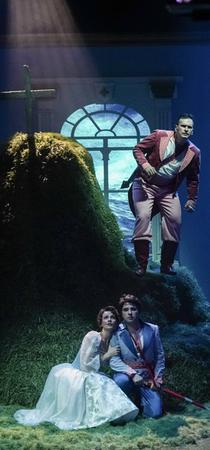
Alexei Verstovsky
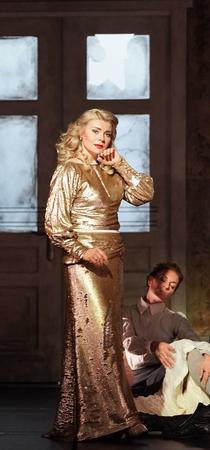
Sergei Prokofiev. Maurice Ravel
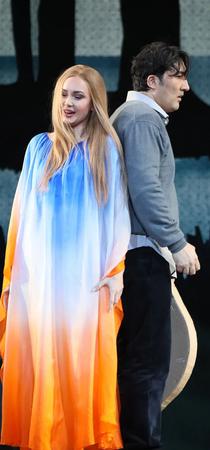
Nikolai Rimsky-Korsakov
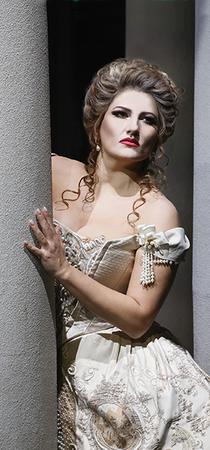
Francesco Cilea
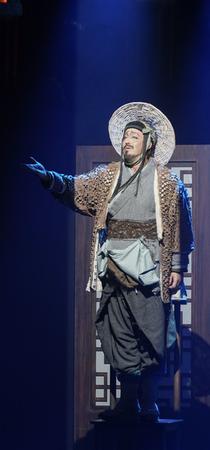
César Cui. Igor Stravinsky
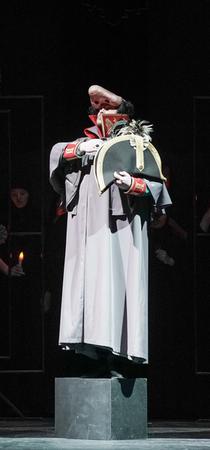
Dmitry Shostakovich
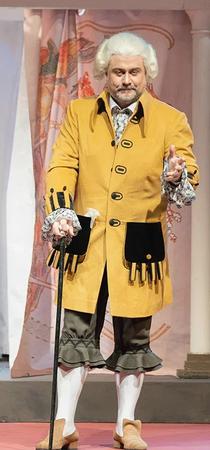
Wolfgang Amadeus Mozart
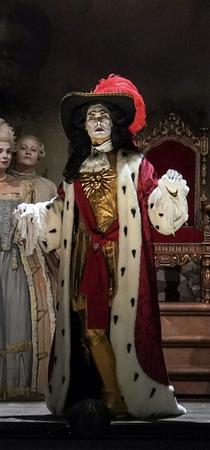
Umberto Giordano
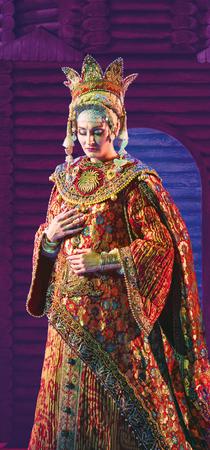
Nikolai Rimsky-Korsakov
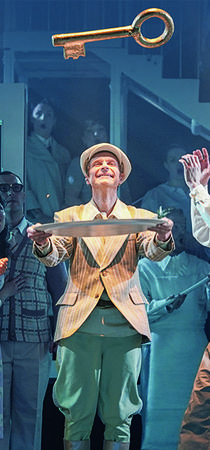
Dmitry Shostakovich
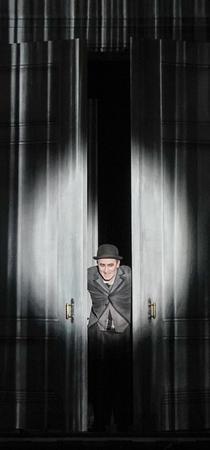
Ruggero Leoncavallo
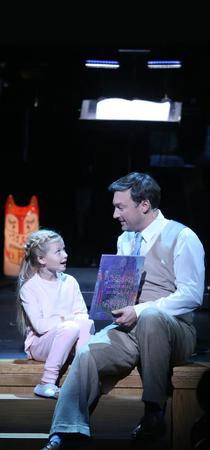
Benjamin Britten. Camille Saint-Saëns
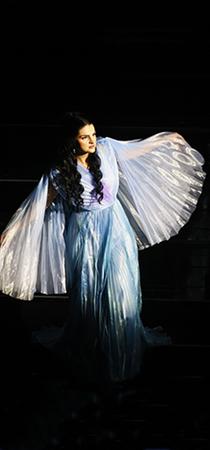
Anton Rubinstein
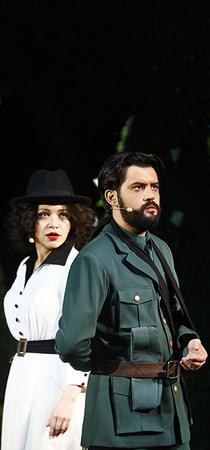
Hector Berlioz
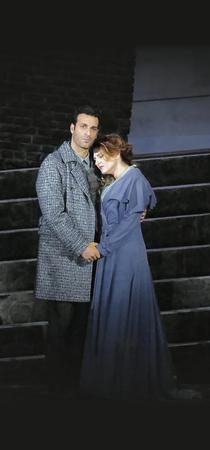
Giacomo Puccini
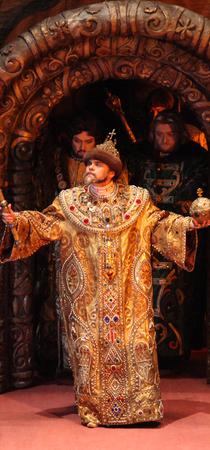
Modest Mussorgsky
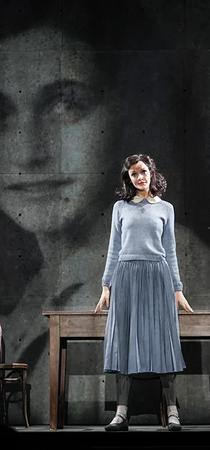
Grigory Frid. Udo Zimmermann
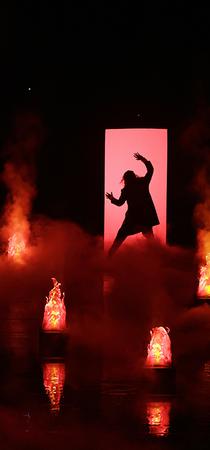
Wolfgang Amadeus Mozart
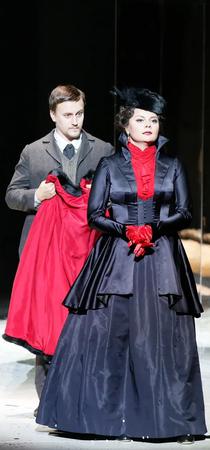
Mieczysław Weinberg
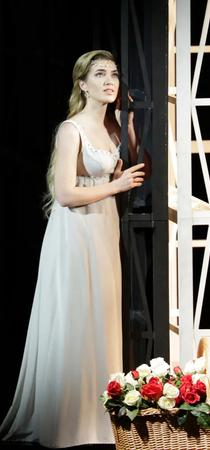
Pyotr Tchaikovsky
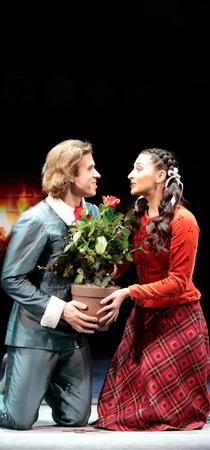
Sergei Banevich
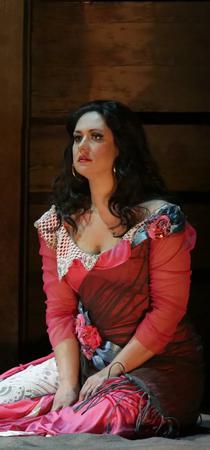
Georges Bizet
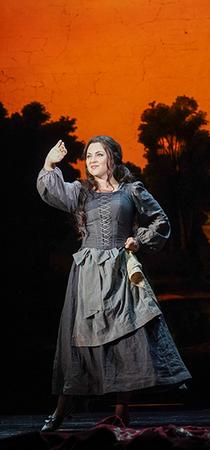
Gaetano Donizetti

Richard Wagner
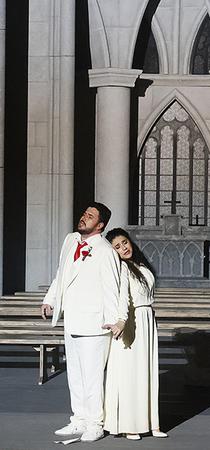
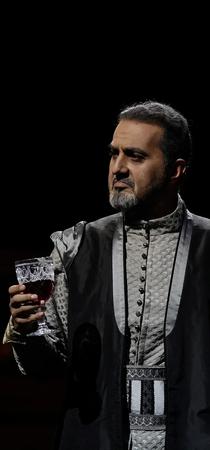
Pyotr Tchaikovsky
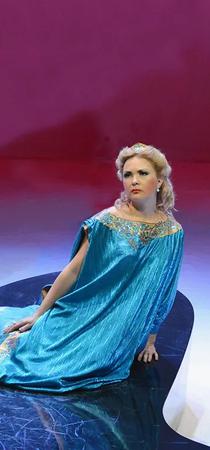
Richard Strauss
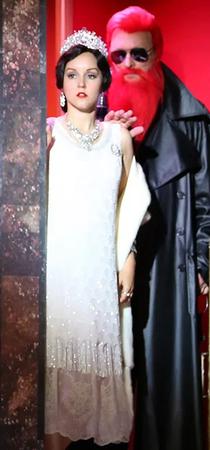
Jacques Offenbach
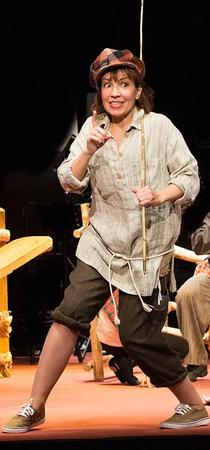
Sergei Prokofiev
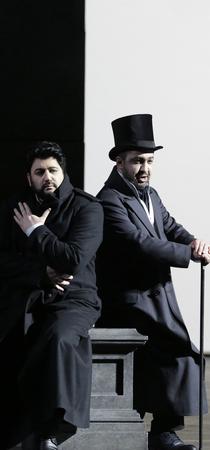
Pyotr Tchaikovsky
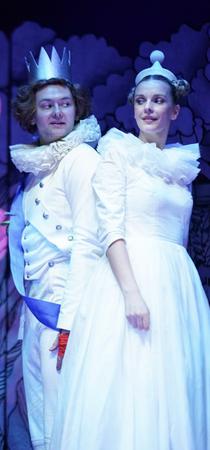
Andrei Rubtsov
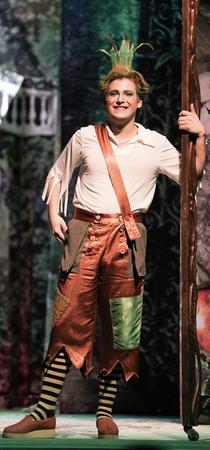
Tatiana Kamysheva
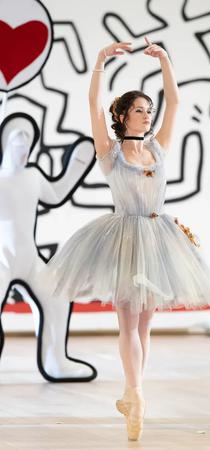
Gioacchino Rossini
Alexander Borodin
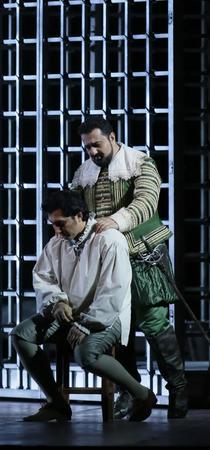
Giuseppe Verdi
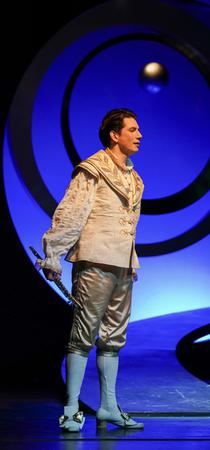
Wolfgang Amadeus Mozart
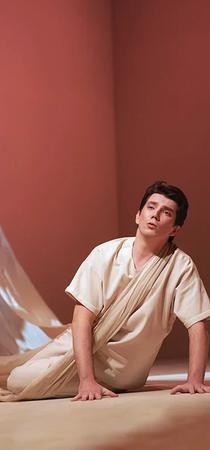
Georges Bizet
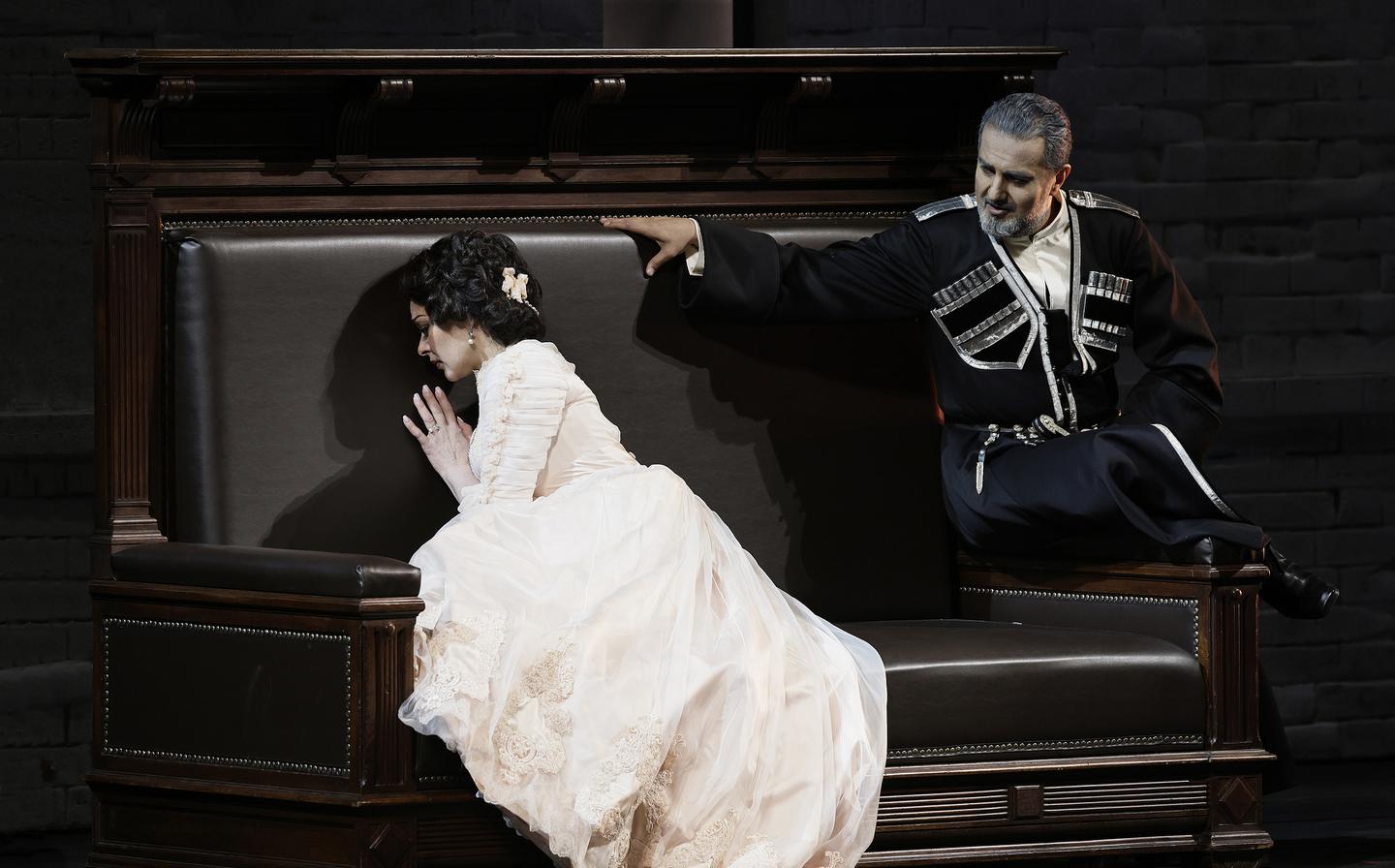
The world premiere of the opera Mazeppa by Pyotr Tchaikovsky took place at the Bolshoi Theatre on the 3rd of February (old style) 1884. The production was spectacular also thanks to the cast. According to the brother of the composer, Modest Tchaikovsky, “never has a new Russian opera in Moscow been staged more precisely in term of the consistency of style and detailing”. Emiliya Pavlovskaya (Maria) and Bogomir Korsov (Mazeppa) were particularly successful amongst the soloists.
Further recreations and new productions of the opera at the Bolshoi followed regularly: over almost one and a half centuries, there have been seven of them. The presence of Mazeppa on the Historic Stage is natural: the opera is written for voices of large range and is incredibly difficult for singers (the parts are comparable to Wagnerian). The outstanding artists of the Bolshoi performed in this opera: Pantelejmon Norcov, Alexei Ivanov, Pavel Lisitsian, Yuri Mazurok (Mazeppa), Ksenia Derzhinskaya, Tamara Milashkina, Nina Rautio (Maria), Ivan Petrov, Artur Aisen, Evgeny Nesterenko (Kochubey), Nadezhda Obukhova, Vera Davydova, Irina Arkhipova (Lyubov), Georgy Nelepp and Vladimir Atlantov (Andrei).
Premiered on June 23, 2021.
Presented with two intervals.
Libretto by Pyotr Tchaikovsky based on Alexander Pushkin's poem Poltava, with partial use of a libretto by Viktor Burenin
Sunday, 14:00
Saturday, 19:00
Friday, 19:00
Thursday, 19:00
Wednesday, 19:00
Sunday, 14:00
Saturday, 19:00
Friday, 19:00
Thursday, 19:00
Sunday, 14:00
Saturday, 19:00
Friday, 19:00
Thursday, 19:00
Wednesday, 19:00
Wednesday, 19:00
Tuesday, 19:00
Sunday, 14:00
Saturday, 19:00
Friday, 19:00
Aсt I
Young girls are telling their fortunes. Maria, Kochubey’s daughter, runs in, excited that the hetman Mazeppa has arrived. The young girl has fallen in love with him and cannot imagine life without him. Andrei, a young Cossack, is in love with Maria and tells her of his deep love. But Maria’s thoughts are only of Mazeppa. Andrei comes to realize the futility of his hopes.
After the grand feast in Mazeppa’s honor, Mazeppa asks Kochubey for his youngest daughter’s hand in marriage. Kochubey is stunned: Maria is the hetman’s god daughter, and he is much older than she. Mazeppa presses the issue and Kochubey demands that he leave the house. Their quarrel attracts the attention of the other guests and Kochubey’s retainers. Finally Mazeppa suggests that Maria make the choice: her father or him? Maria choses the hetman, and runs off with him.
Kochubey’s wife, Lyubov, is in despair. Weeping for her daughter who has abandoned her father’s house, she calls on her husband to take decisive action against Mazeppa. Kochubey has long wanted to tell Peter the Great of Mazeppa’s secret plans to make the Ukraine an independent state, allied with the Swedish King Charles XII. Iskra, Kochubey’s friend, suggests that Kochubey send a rider to the capital at once, to give warning of the hetman’s planned treachery. Andrei is entrusted with the letter to the Czar.
